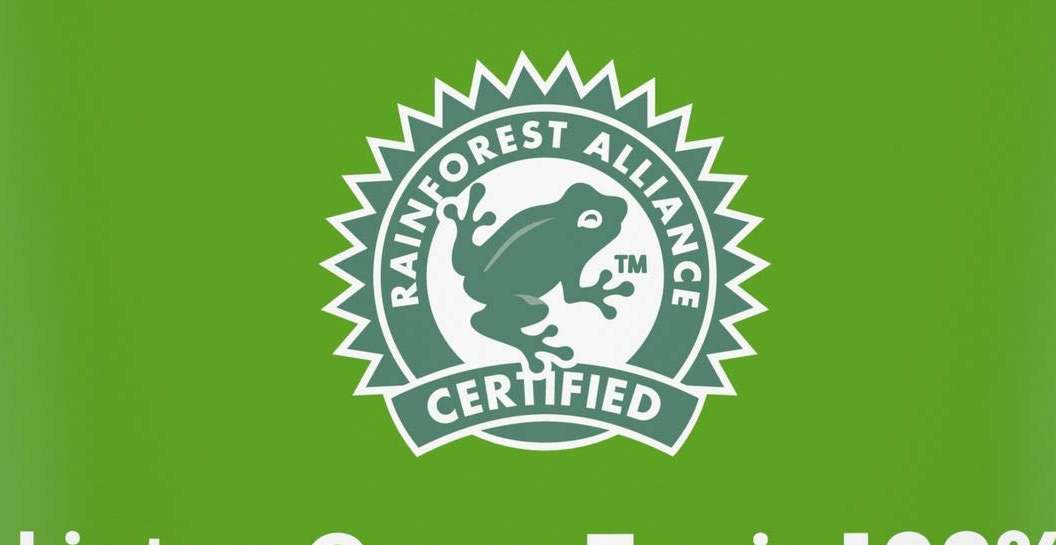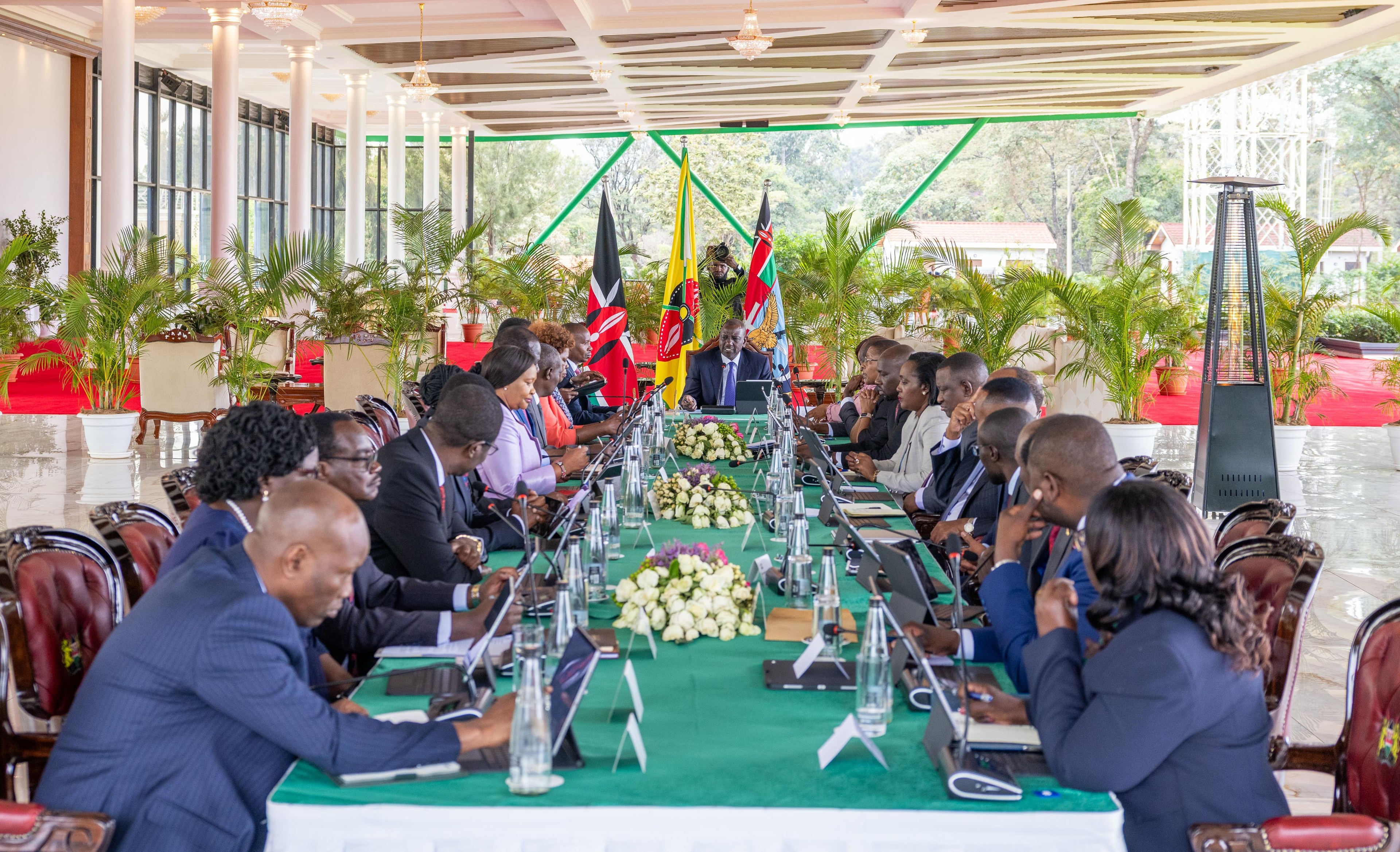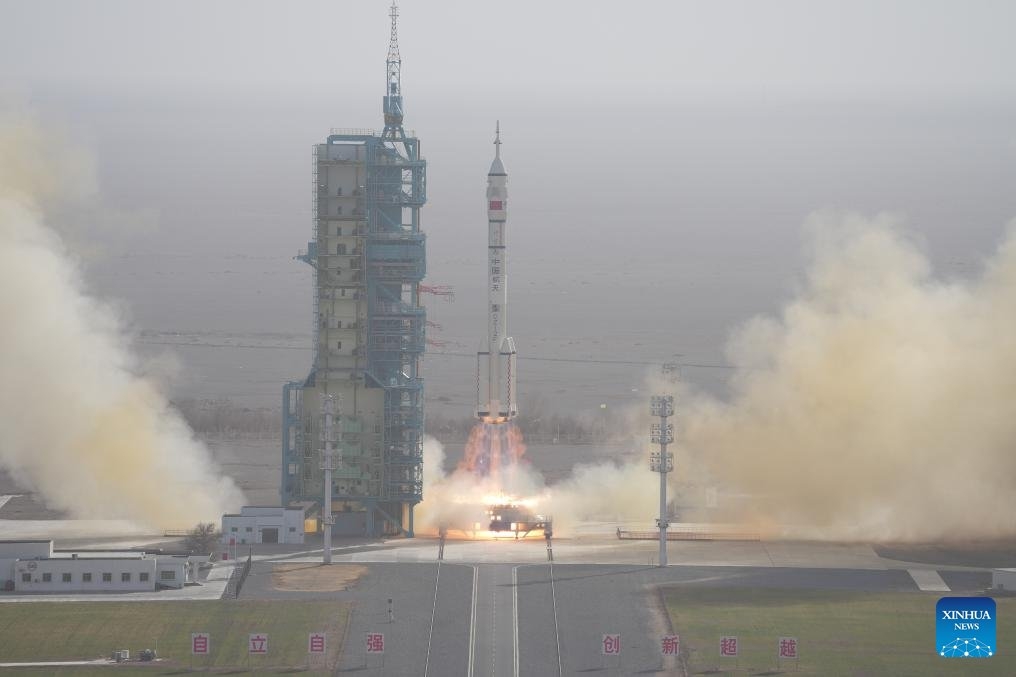

The government has suspended the Rainforest Alliance certification and audit processes for all tea factories across the country, citing high costs and minimal benefit to tea farmers.
In a circular issued by Agriculture Principal Secretary Paul Ronoh, the government expressed concern that the cost of implementing the Rainforest Alliance scheme has been unfairly shouldered by tea factories and ultimately passed on to farmers.
“This burden should rightly be borne by the end consumer, who demands certified products, rather than by the grower,” said Ronoh.
The decision, Ronoh stated, follows a consultative meeting held on May 8, 2025, involving the Tea Board of Kenya (TBK), the Kenya Tea Development Agency (KTDA), and senior management from Rainforest Alliance in Kenya and the region.
According to the PS, despite the high costs involved in maintaining certification, the scheme has not demonstrated a significant positive impact that justifies its continued implementation.
As a result, the meeting further resolved to suspend the certification and audit processes under the Rainforest Alliance standard with immediate effect.
“All tea factories are hereby directed to suspend any further audits and/or certification processes for Rainforest Alliance Standard/Scheme pending further joint resolution on the matter,” Ronoh stated.
The circular has been addressed to the CEOs of KTDA, TBK and Kenya Tea Growers Association (KTGA), the Independent Tea Producers Association of Kenya (ITPAK) chairperson and the head of KTDA management services.
The decision taken by the government aligns with ongoing efforts to improve the ease of doing business in the tea sector and protect the interests of smallholder farmers.
It has previously raised concerns about the high production costs in the tea sub-sector, hence the poor earnings by the farmers.
Rainforest Alliance is a global non-profit organisation that works to promote sustainable agriculture, forestry, and responsible business practices.
It provides certification to farms and companies that meet its environmental, social, and economic sustainability standards.
The certification has been used to assure international buyers that tea is produced using environmentally and socially responsible practices.
However, concerns have been raised about the high cost of compliance for producers, especially smallholder farmers.
The certification typically involves promoting environmentally responsible farming practices, ensuring fair treatment and good working conditions for workers, conserving biodiversity and natural resources and improving the livelihoods of farmers and local communities.
Certified farms and factories can use the Rainforest Alliance seal on their products, which often gives them better access to premium markets and sustainability-conscious consumers.
The operations of the organisation spans over 70 countries globally.


















